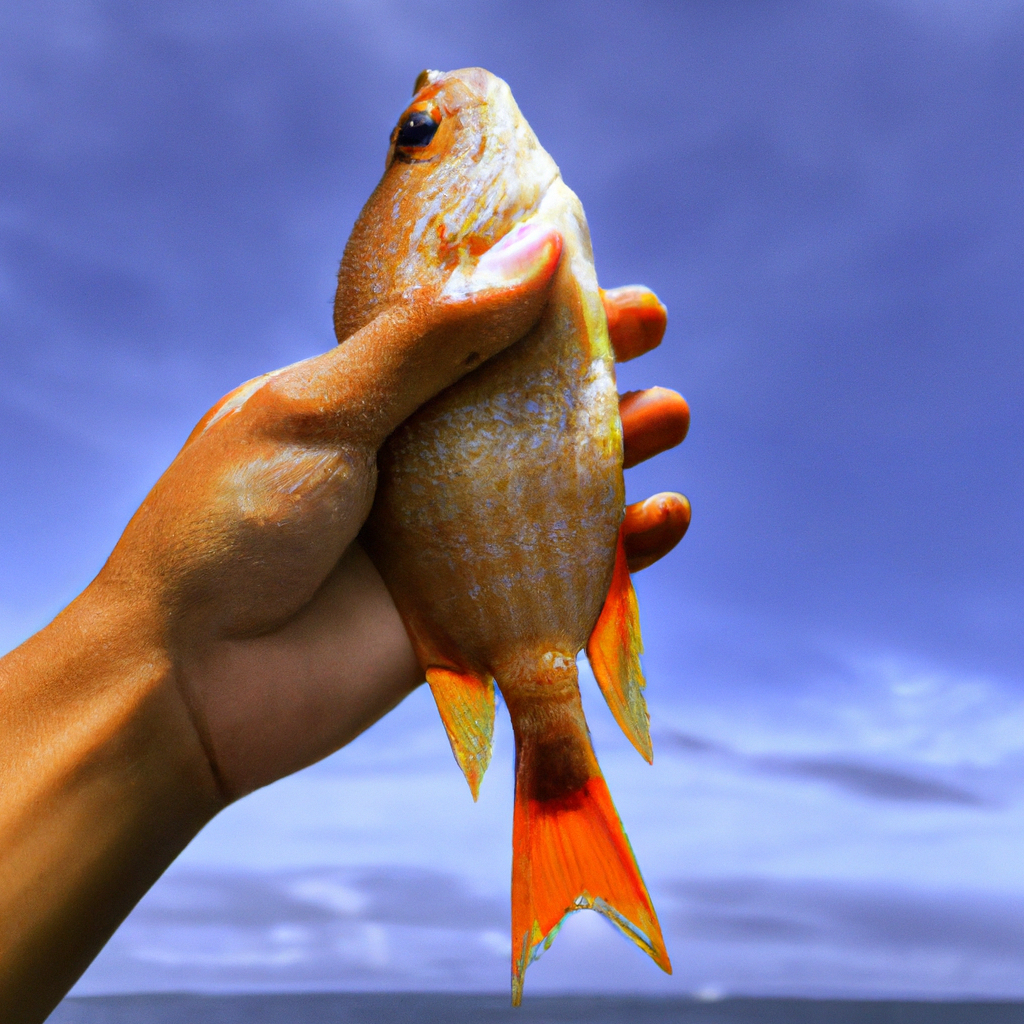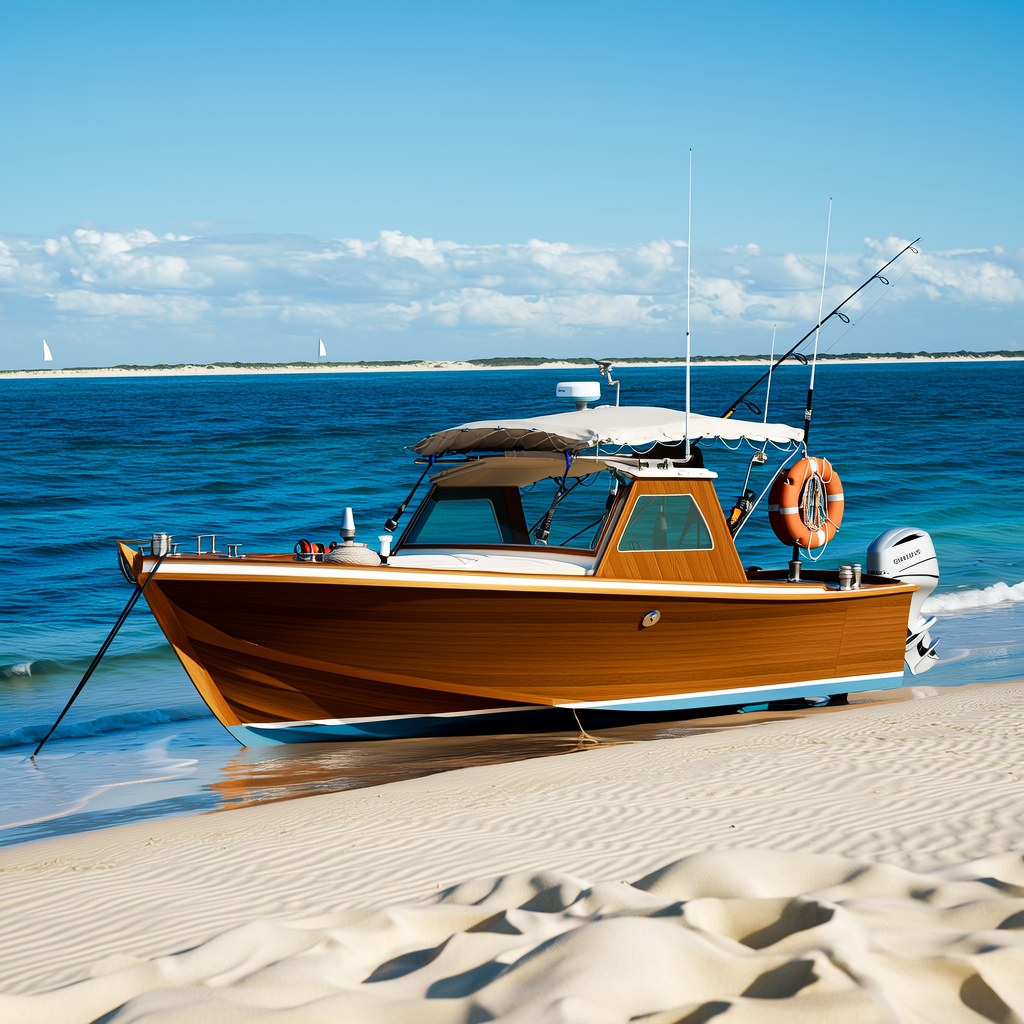It is essential that commercial fisherman adhere to the regulations governing the fishing industry. These regulations are in place to protect marine wildlife, ensure sustainable fishing practices, as well as ensure that fishermen can safely operate on the oceans. This guide will provide an in-depth overview of commercial fishing regulations.
What are the Commercial Fishing Regulations?
Commercial fishing regulations provide guidelines and rules for commercial fishing. These regulations are in place to manage fish stocks, and to ensure that fishermen can safely operate on the water. These regulations are also designed to encourage sustainable fishing practices that preserve marine life and the environment.
Commercial fishing regulations cover a variety of topics such as fishing gear, quotas and size limits, fishing seasons, and methods. The regulations also include reporting requirements for fishermen that are crucial for monitoring fishing activities as well as managing fish stocks.
Why is it important to have commercial fishing regulations?
Commercial fishing regulations are essential for protecting marine life and ensuring sustainable fisheries practices. Fish stocks could become rapidly overfished without regulations, which would have a negative impact on marine ecosystems as well as the fishing industry.
These regulations are important to ensure that fishermen can safely operate on the water. Safety regulations are important to minimize the dangers associated with fishing.
Who regulates commercial fishing?
The National Marine Fisheries Service (NMFS), in the United States, establishes regulations for commercial fishing. The NMFS is responsible to manage fish stocks and monitor fishing activities to ensure sustainable commercial fishing.
International organizations such as the Food and Agriculture Organization of the United Nations, (FAO) also play a part in setting up commercial fishing regulations worldwide.
Commercial Fishing Gear Regulations
The regulations governing commercial fishing gear regulate the types of fishing equipment that can be used for commercial fishing. These regulations are intended to promote sustainable fishing and protect marine life by reducing non-target species bycatch.
Some types of fishing gear, like bottom trawling can be dangerous to marine ecosystems and cause significant bycatch. To protect marine life and ensure sustainable fishing, commercial fishing regulations are intended to limit the use these types of gear.
Commercial Fishing Quota Regulations
Commercial fishing regulations establish the maximum number of fish that can legally be caught by commercial fishermen in a given area or at a particular time. These quotas are used to manage fish stocks and ensure sustainable fishing.
Quota regulations can be extremely restrictive with some quotas as low at a few hundred fish per annum. These quotas are vital for protecting fish stocks and ensuring sustainable commercial fishing.
Regulations regarding the Commercial Fishing Size Limit
The commercial fishing size limit regulations establish the minimum and maximum sizes of fish that can be caught for commercial purposes. These regulations are intended to protect juvenile and breeding fish, so that fish stocks can sustainably be managed.
Regulations regarding size limits are designed to prevent fishermen from catching immature fish that have not had the chance to reproduce. This can have a significant effect on long-term fish stocks.
Commercial Fishing Season Regulations
The regulations governing commercial fishing season specify the times that fishing can be done for specific fish species at different times of the year. These regulations were put in place to protect fish stocks during the breeding season, and to ensure that fishermen use sustainable fishing methods.
Some fish species, such as the salmon, are not allowed to be caught at certain times of year in order to protect their breeding season. This helps ensure that they can repopulate and sustain sustainable populations.
Commercial Fishing Method Regulations
The regulations governing commercial fishing methods define the types of fishing methods that are allowed to be used in commercial fishing. These regulations are intended to promote sustainable fishing methods and protect marine life by reducing non-target species bycatch.
Drift nets, for example, are a type if fishing gear that has been banned in many places due to high levels of bycatch. These regulations aim to reduce the use these types of fishing equipment to protect marine life and ensure sustainable fishing.
Reporting requirements for commercial fishermen
Commercial fishing regulations require that fishermen report their catch and fishing activities on a regular basis. These reporting requirements are vital for managing fish stocks and monitoring fishing activities.
Fishermen are required by law to report their catch, the fishing gear used, and the time and location of fishing activities. These reports are used to monitor fish stocks and set quotas.
Penalties for violating Commercial Fishing Regulations
Violations of commercial fishing regulations can lead to severe penalties including fines, license revocation and imprisonment. To discourage illegal fishing and to ensure that the fishing industry continues to function sustainably, fishing regulations have strict penalties.
The severity of penalties for violating commercial fishery regulations can vary depending upon the type of violation, the extent of harm caused and the frequency of violations.
Conclusion
Commercial fishing regulations are vital for protecting marine life, encouraging sustainable fishing practices, and ensuring fishermen can safely operate on the water. The regulations cover a wide range of topics including fishing gear, quotas and size limits, fishing seasons and methods.
Respecting commercial fishing regulations is essential for maintaining fish stocks and ensuring long-term sustainability of fishing industry. Violations of fishing regulations can lead to severe penalties, including fines and license revocation.
To be a commercial fisherman, you must understand and comply commercial fishing regulations in order to legally and sustainably operate.




